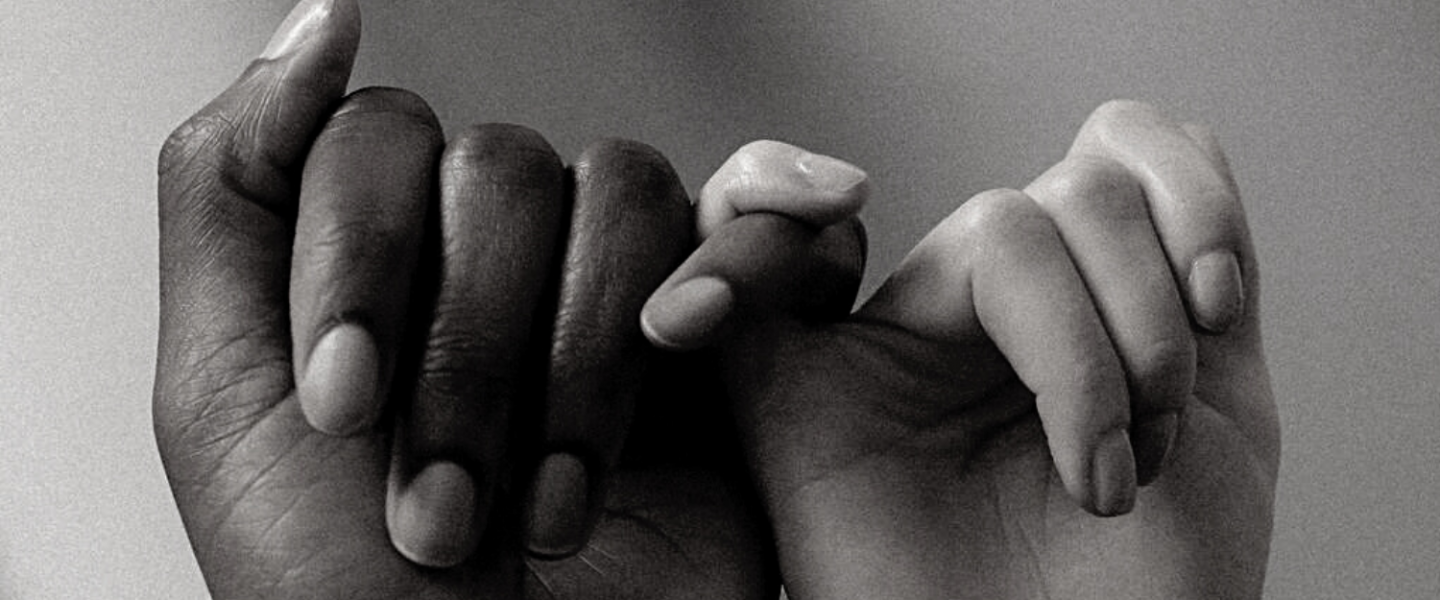In this episode, we unpack the benefits of good friendship and how to be a better friend. We will look at why they are important, ways to strengthen our friendships, and how to expand our friendship circles.
A sweet friendship refreshes the soul – Proverbs
To create a brief explanation of a good friendship, how about we start with this: each individual brings something unique and special to the relationship, with value placed not only on who we are together but also on who we are as individuals. When there is an appreciation for each other and where understanding and empathy are exchanged. I am sure there are more characteristics, but here is a start.
Psychology Today tells us that strong friendships are an important aspect of our emotional well-being.
Research indicates that having close friendships is associated with greater self-esteem, happiness and a sense of purpose, “these bonds are even associated with physical outcomes, such as lower blood pressure and a longer lifespan”.
Adult friendships don’t happen automatically. They often require time and effort. Strong friendships are built on a foundation of trust and honesty. Being intentional and make time for the people you care about.
Some ways to strengthen our friendships are: be a good listener, celebrate the differences in each other, maintain and respect healthy boundaries and cheer each other on. Make each other feel good by offering compliments, be trustworthy by keeping information shared private and invest time and effort. Be honest with each other and have fun together.
If you want to expand your friend circle, you might like to seek out a local group around an interest you have or invite a co-worker to coffee. Have any other ideas that you would like to share? I would love to hear what they are. You can contact me by clicking here
Do you see yourself as a shy person? You might start by setting small goals toward a greater goal. For example, start by asking a question at a work meeting or challenge yourself to start a conversation at an event or party. By asking questions, you can show someone you are interested in them. You can ask follow-up questions if you want to take the conversation further. If you feel comfortable, you might choose to open up about your own stories, experiences, and insight as well.
Choose what close connections you have, being mindful of quality over quantity, especially regarding your inner circle. Strong friendships are mutual.
Here are some questions you can ask yourself that may help determine the health of a friendship:
- How do you feel after spending time together, do you feel judged and put down?
- Are you giving a lot and get back little or do they only ever talk about themselves?
• Have you grown apart? and are you remaining in the friendship out of obligation and habit?
On a finishing note, have you ever thought about what attributes in a friend are important to you? Or what kind of friend that you want to be? I will leave you with those questions.
Recommended Resource: Episode – Empathy – Putting Ourselves In Someone Else’s Shoes
Sources:
https://www.relationshipsnsw.org.au/how-to-deepen-and-revitalise-your-friendship-circle/

